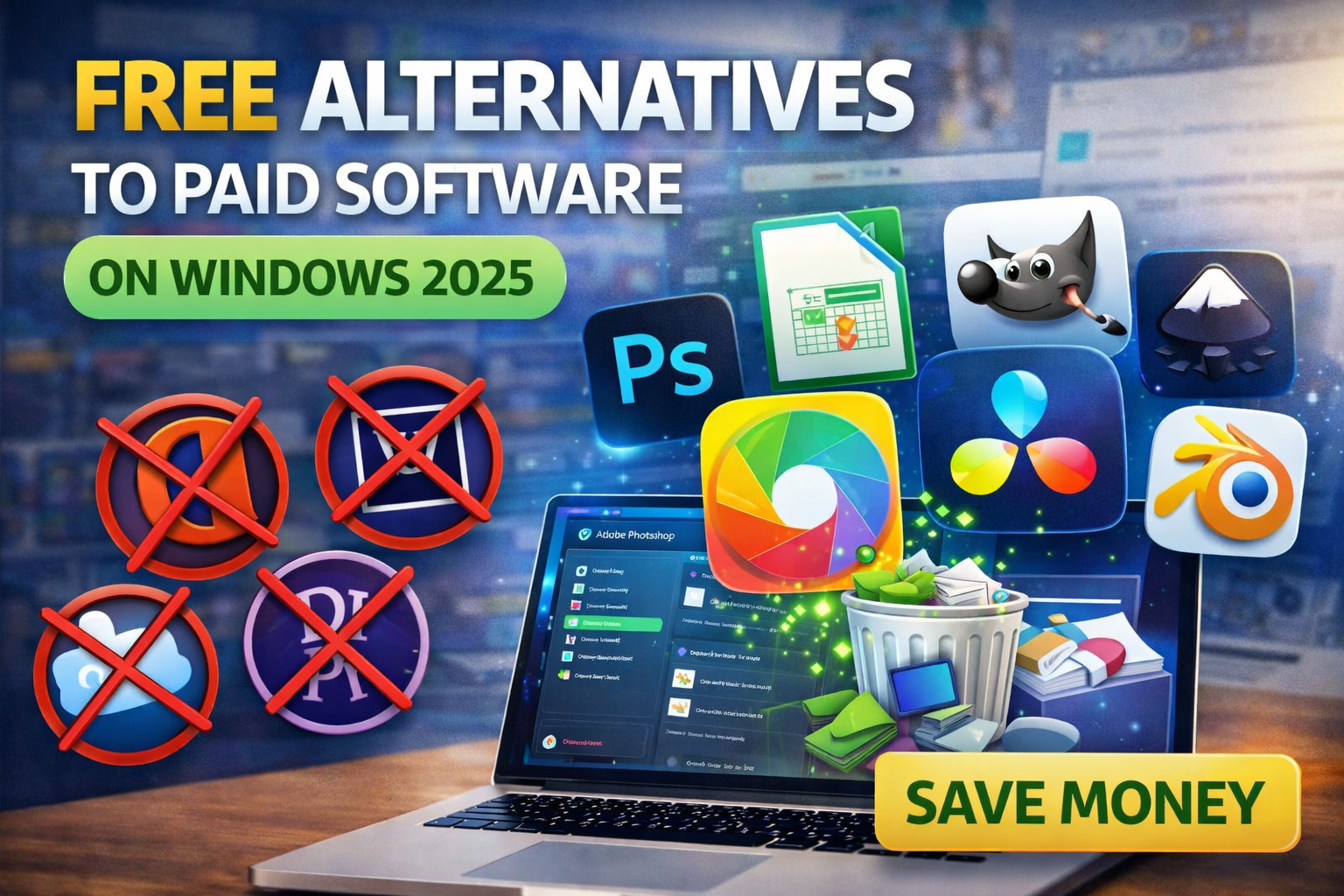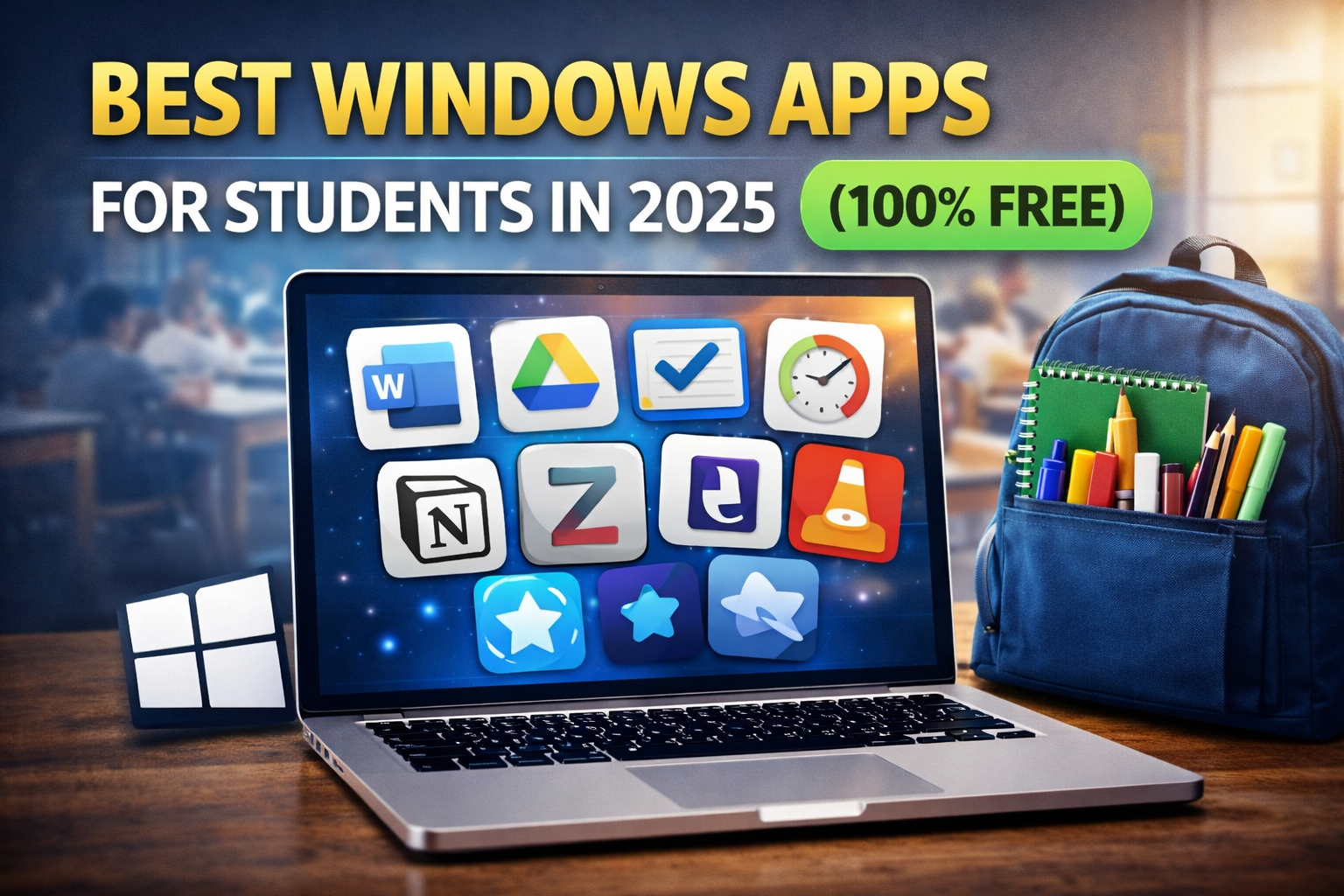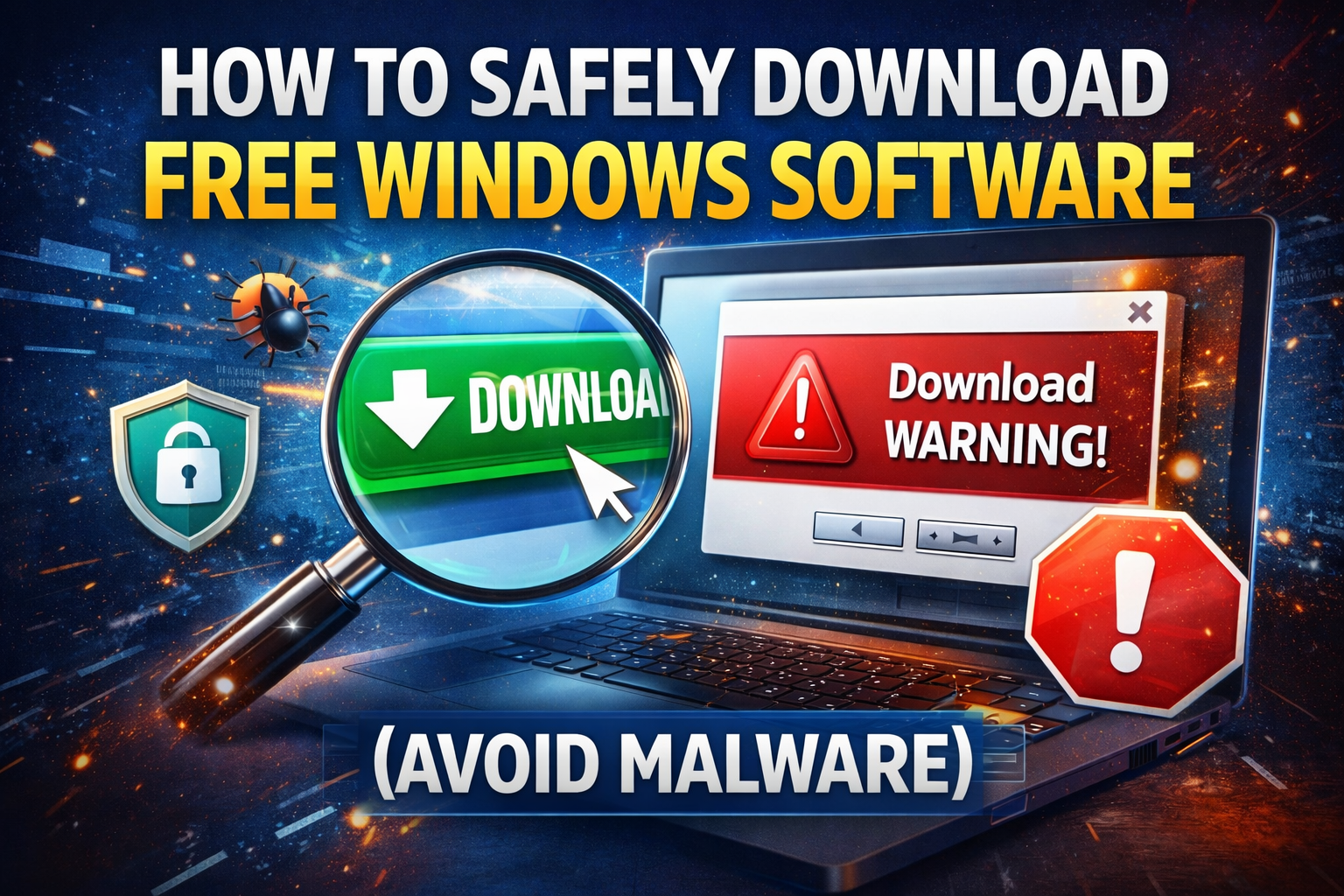

Additional Information
Free and open-source 3D printing toolbox software for PC
| Latest Version | Slic3r 1.3.0 (32-bit) |
| Requirements |
Windows XP/Vista/Windows 7/Windows 8/Windows 10/Windows 11 |
| Updated | June 25, 2023 |
| Author | Alessandro Ranellucci |
| Category | Office and Business Tools |
| License | Open Source |
| Language | English |
| Download | 104 |
Overview
Slic3r is the 3d printing software you need to convert a 3D model into printing instructions for your 3D printer. It cuts the model into horizontal slices (layers), generates toolpaths to fill them, and calculates the amount of material to be extruded. Slic3r reads STL, AMF, and OBJ files while it can output G-code and SVG files.
All the features of the user-friendly interface are also available from the command line. This allows integrating Slicer in your custom toolchain and batch operations as you like.
Highlights
All the features of the user-friendly interface are also available from the command line. This allows integrating Slicer in your custom toolchain and batch operations as you like.
Highlights
- Open: it is totally open source and it’s independent of any commercial company or printer manufacturer. It wants to keep 3D printing open and free.
- Compatible: it supports all the known G-code dialects (Marlin, Repetier, Mach3, LinuxCNC, Machinekit, Smoothie, Makerware, Sailfish).
- Advanced: many configuration options allow for fine-tuning and full control. While novice users often need just a few options, Slic3r is mostly used by advanced users.
- Community-driven: new features or issues are discussed in the GitHub repository. Join the collaborative effort and help improve it!
- Robust: the codebase includes more than 1,000 unit and regression tests, collected in 6 years of development.
- Modular: the core of Slicer is libslic3r, a C++ library that provides a granular API and reusable components.
- Embeddable: a complete and powerful command-line interface allows to use of Slic3r from the shell or to integrate it in server-side applications.
Features
- G-code generation for FFF/FDM printers;
- Conversion between STL, OBJ, AMF, and POV formats;
- Auto-repair of non-manifold meshes (and ability to re-export them);
- SVG export of slices;
- Built-in USB/serial host controller, supporting multiple simultaneous printers each one with a spool queue;
- OctoPrint integration (send to printer);
- Built-in projector and host for DLP printers;
- Tool for cutting meshes in multiple solid parts with visual preview (also in batch using a grid);
- Tool for extruding 2.5D TIN meshes.










No comments yet. Be the first to comment!